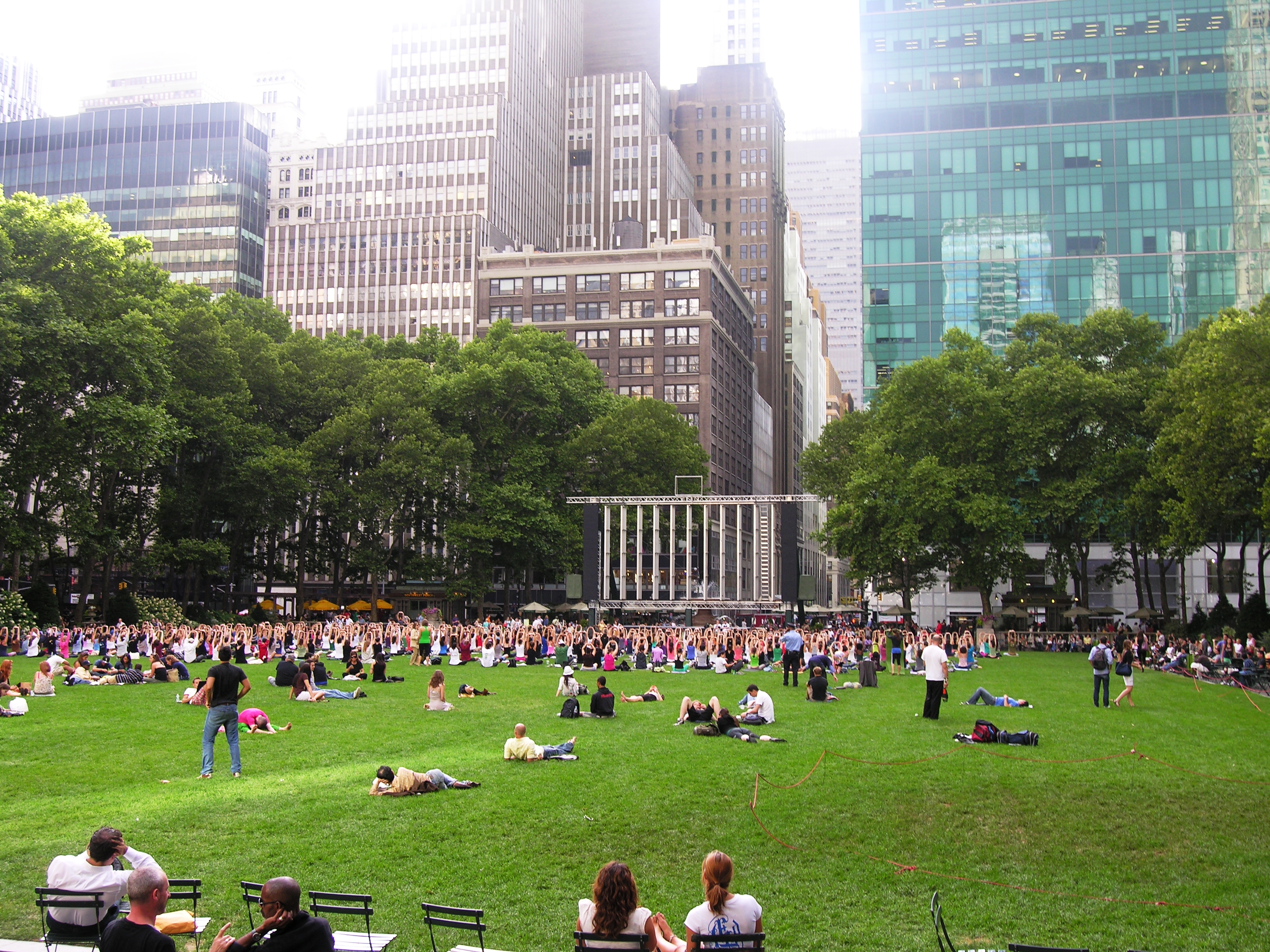On the quest to maintain autonomy as Freedom, as the driver for privacy.
First, a picture:

[Oh look, a fig leaf of green, so this isn’t Metropolis at all (…?)]
Yes, indeed. I was triggered by the ‘blessings’ that Big Data may deliver in e.g., health care, where Watson-like doctors may deliver more accurate diagnoses that humans might. IF, big if, they’re fed with the right information. Restraint will not be in the system.
But, moreover, it is not the emotionless (?) machine we fear; it’s the loss of control. A human would interact; a machine, well, wouldn’t have need for that as it’s ‘always’ better than a human, and shouldn’t be second-guessed. A human doctor we can still distrust even if posing as an authority.
In there is our fear: The loss of control. The loss of autonomy.
Prisoners don’t fear guards as long as the latter just act normal. Because then, the latter are drones that actuate the System, the bureaucracy that is the Power That Be. Abusive guards, overstepping their (‘minimal’) power, lose that authority and are just Evil.
Humans fight bureaucracies because of the loss of autonomy that these bring.
Ever since Man (F/M) became aware of his autonomy in the dangerous environment, she has strived for control over that uncontrollable Nature beast. Most of all, by growing a pair, of brain halves, to a size so huge that pattern recognition leading to predictive analysis was bound to spring up. If only one could predict Nature, then one would have power over it because nothing surprising would happen. And then, one could do less fleeing, a bit more fighting and feeding, and much more of the Four F’s ‘F-for-reproducing’.
Ever since Man (M/F) started to cooperate in groups, there was a balance of sacrifice of autonomy, independence and efforts as inputs versus gains from cooperation.
And now, with the übercomplexity of society having passed a threshold somewhere in the mid-19th century, there is no room, no dream, for escape anymore. Until then, there was sufficiently vast terra incognita’s, (near-)unoccupied inhabitable lands, that there was always the alternative, however distant in achievability, of quitting the Contrat Social. Or, as before, societies weren’t overly complicated (for: ), one could start a revolution, or so. To get the non-autonomous together and with their combined muscle- and brain-force, get all to be free again. Until then, there was no notion of privacy, but it did result quite quickly (well, in line with the speed of societal development that then was also seen as being high…).
Which also ties in with the overwhelming Big Corp (Google, the Second Tier, and the rest) dominance over governments is steering our societies as these integrate. These uncontrollable beasts go far beyond what ‘democratic’ geography-tied national authorities pull off. Pulling both the TLA-agency snooping (automated trawling for patterns; no humans involved! but that’s exactly where the (above) fear comes in: uncontrollability as it’s too much, too fast, too abstract to be tractable for humans…!) and the loss of copyright over one’s own data (production) into the picture. The latter, as in this most recommendable book.
[Bell for a relevant intermission]
Or … this; around 0:37- but the whole thing isn’t too long and needed for full understanding – yes indeed if that was The Message, then it is, still, for all.
[We’ll continue the show]
Continue reading “No me auto”















